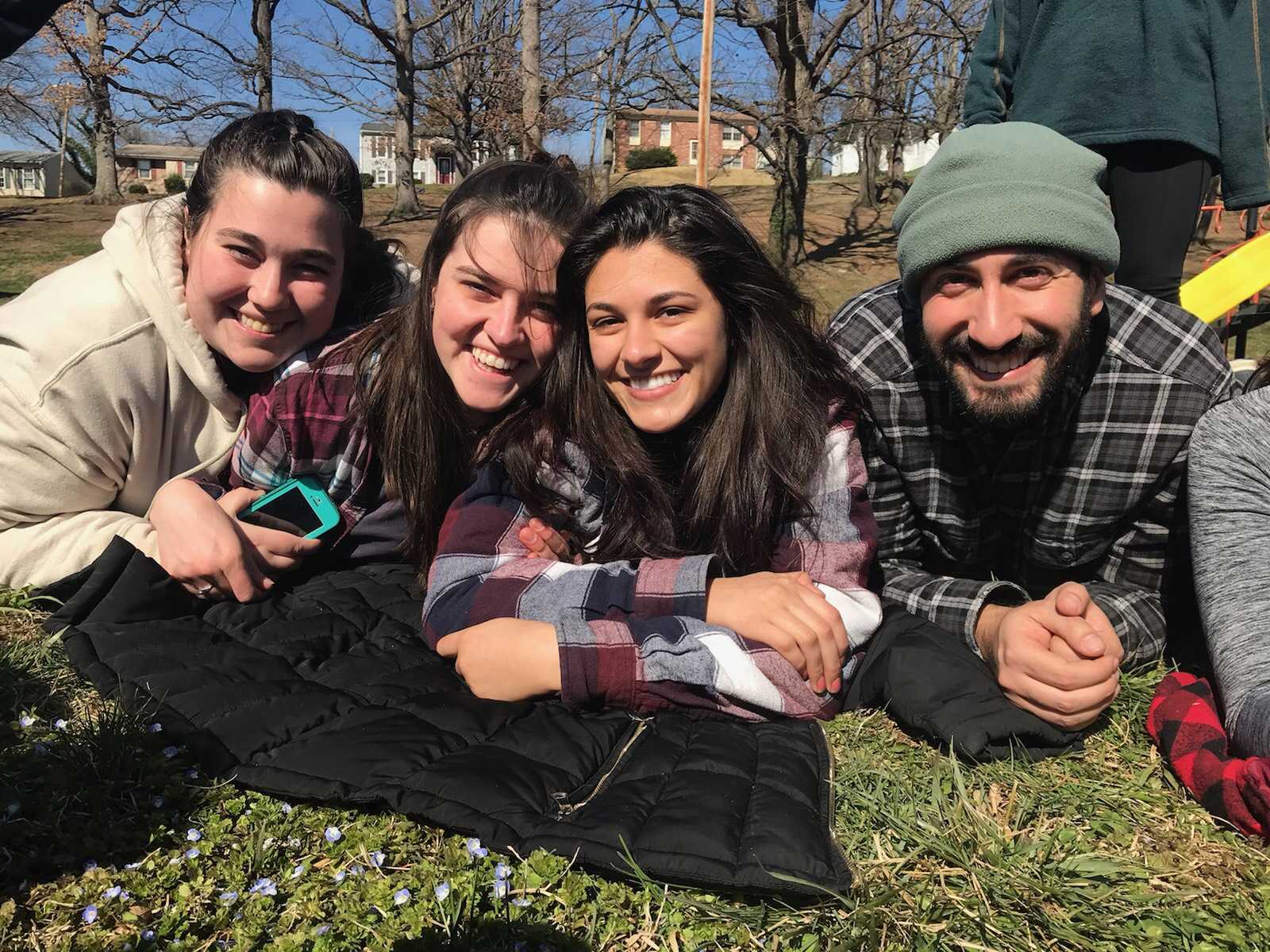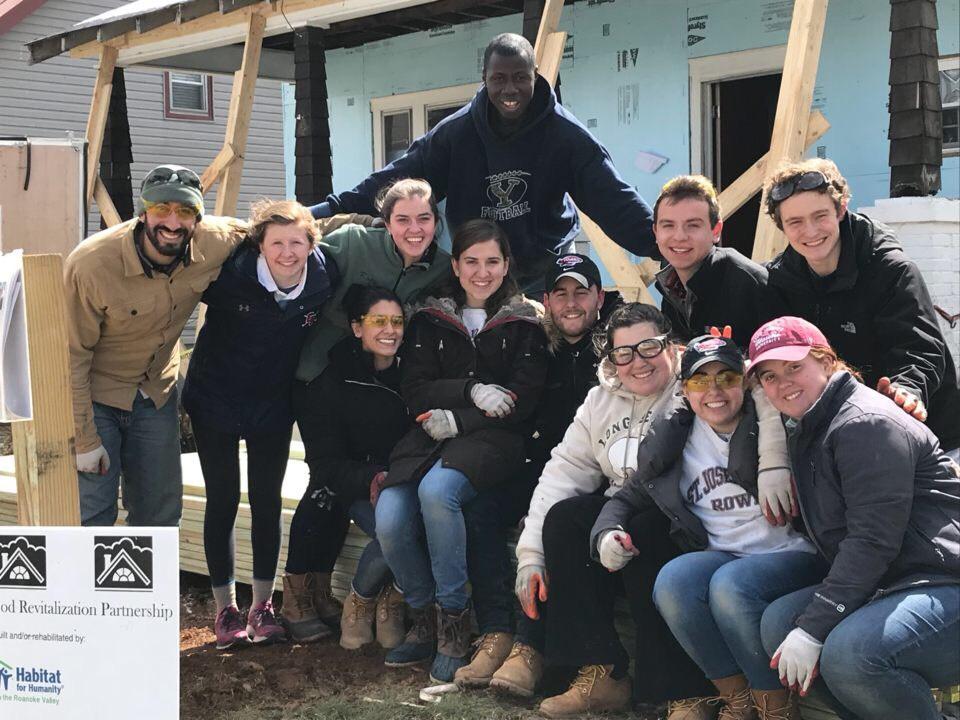Director says program stands “the test of time”
Sign-ups for The Appalachian Experience (APEX), a service immersion program run by St. Joe’s Campus Ministry, slowed this year after several years of reaching capacity quickly.
In 2014 the spots filled in 12 days. In 2015 sign-ups filled in five hours. In 2016 the program filled in 28 minutes. In 2017 the nearly 500 spots filled in eight minutes.
This year, after three days, program leaders decided to close sign-ups despite not reaching its cap.
“About 375 people signed up in five minutes, and then the sign-ups slowed down a bit,” said Matt Fullmer, program director. “We kept the application open for a few hours, and then reopened the portal for about three days and closed it.”
According to Fullmer, 420 students had signed up as of Nov. 1.
“I don’t have a rationale for why there were fewer people who signed up for APEX,” Fullmer said. “I don’t really see it as a negative, but I don’t know that I’d see it as a positive necessarily because for me I wish every student, every faculty member, every person at the university could go on APEX.”
On APEX, students go to one of 18 different sites in the Appalachian region where they connect with community partners to help with service projects. During their time they also participate in reflection and “break bread with folks in the community,” Fullmer said.
“I would acknowledge that it is in some ways self-serving,” Fullmer said. “Hopefully, they are coming back with this renewed sense of self and others and an appreciation for nature or that fire in them saying, ‘Okay, I may not be able to come back to this particular region, but I’m going back, and I’m going to start my own nonprofit.’”
Over the past 25 years, APEX has grown into the biggest service program on campus.
“It caught like wildfire, and before you knew it, it was kind of like an uncontrollable, untamable beautiful service beast that had a life of its own,” Fullmer said.
Fullmer said this year program leaders tried to be more intentional about recruiting students to participate in APEX. He added the program has gotten so big and withstood the test of time, even peaking during the 2009 recession, because students have continued to express interest.
“It’s the buy-in from the students and their passion that speaks volumes and, without that, nothing would succeed,” Fullmer said. “And St. Joe’s really is special. There’s something about St. Joe’s and there’s something about the formation of this whole program where students get it.”

Lauren Rutt ’20, who has been on APEX twice but did not sign up this year, said she went on APEX her freshman year “because everyone told me to.” Rutt said she got a lot out of her first APEX trip to West Virginia—meeting the people of the community and doing a lot of hands-on labor.
Rutt said her second APEX trip was less rewarding because of the lack of service that the group did.
“I felt like I wasn’t exercising all of the opportunities I could have had to do service,” Rutt said. “I would rather do service in Philadelphia for a week on my spring break than go somewhere else where I might not be doing a lot.”
According to Fullmer, the purpose of APEX isn’t just about the actual labor or service, but also about the community partnership and immersion experience.
“It goes well beyond the hammer to nail,” Fullmer said.
Rutt said she never voiced her concerns to leaders of the APEX program because she was worried they would not be well-received.
“I think it’s hard to talk to people about negative feedback with APEX,” Rutt said. “You don’t want to be the one questioning it.”
When Richard Foronjy ’19 was a freshman, he signed up for APEX because his friends convinced him to do so.
“It was actually a mistake,” Foronjy said, but after talking to his dad, he decided it was an opportunity that he wanted to try.
Now, after going on APEX three times, Foronjy is one of three student coordinators for the 2019 APEX trip.
“I think people were more intentional in signing up this year,” Foronjy said. “Last year we did have a record sell out time, but there is another side where we also had a couple students drop out.”
About forty students dropped out of the program last year, Fullmer said, but others took their place.
“It’s a learning experience,” Foronjy said. “It’s not just service. It’s not just, ‘Let’s hop in white vans and have fun.’ It’s more about what are you going to learn and how are you going to bring this back with you to St. Joe’s campus. Whether they decide to act on that is up to them, but they definitely will leave APEX looking at things with a different perspective.”














































